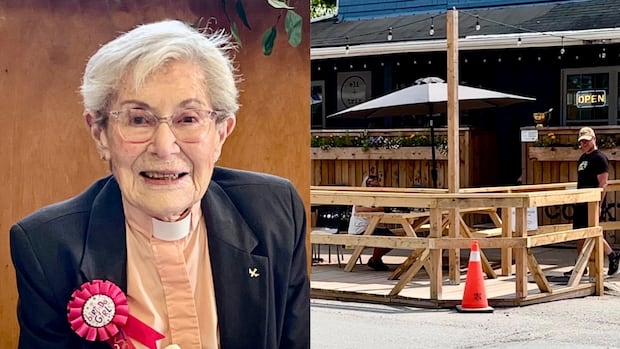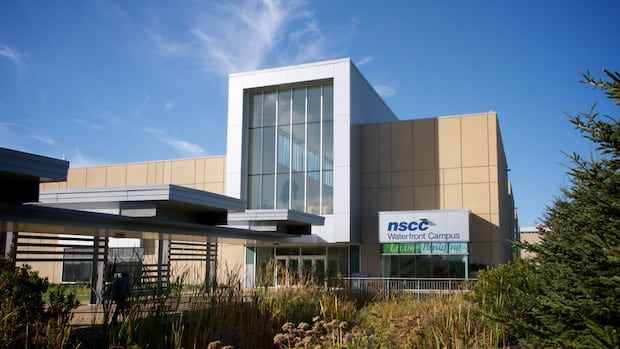Foreman cleared of criminal negligence in Dartmouth workplace fatality

A foreman has been found not guilty of criminal negligence causing death in connection with a mishap at a Dartmouth construction site in 2018.
Jeff Gooch was charged in the death of Brandon Alcorn, a 22-year-old construction worker who died from head injuries after he fell from the roof of the Kent Building Supplies store in Dartmouth Crossing on March 13, 2018.
Gooch, Alcorn’s supervisor with Insulated Panel Structures Inc., had been charged with criminal negligence causing death in December 2019, but the charge was dismissed in April 2021 following a preliminary inquiry in Dartmouth provincial court.
However, the Crown filed a direct indictment less than two months later to resurrect the charge and send it to Supreme Court, where Gooch stood trial in May 2023.
In his ruling released on Thursday, Justice Timothy Gabriel said he was left with “substantial doubt” regarding the Crown’s argument for Gooch’s charge.
Gooch, Alcorn and another co-worker were measuring and cutting weatherproofing membrane on the morning of March 13, when Alcorn walked backward off the edge of the structure and fell 18 feet to the ground.
At the time of the incident, Alcorn was wearing a harness line but was not wearing fall protection equipment.
Terry Duggan, an occupational health and safety officer with the Nova Scotia Department of Labour, testified that any time work is done above 10 feet in height, OHSA requires that fall protection be implemented.
However, Nova Scotia does not have a required minimum distance that workers must remain back from an unguarded edge while not tied off.
Duggan testified that he has been to hundreds of job sites where workers had not been using proper protection.
“Indeed, failure to comply with the relevant OHSA regime, even if it had been established, does not necessarily equate to a ‘marked and/or substantial’ departure from the conduct of a reasonable person in Mr. Gooch’s circumstances,” Gabriel said.
“I have little to no evidence before me as to what ordinary industry standards would have required in these circumstances, in any event.”
But Gabriel said there was no job-related reason for Alcorn to be closer than 10 feet from the edge, which would require him to wear fall protection equipment as per his employer’s standard.
According to one of Alcorn’s co-workers, Alcorn had performed the same tasks the previous day “without any apparent difficulty” and appeared to keep the required distance from the edge of the canopy.
“Mr. Alcorn knew what the workplan was,” Gabriel said. “He had the appropriate fall protection training, received Maxim’s orientation, and among other things, knew that he had the right to refuse work which he considered to be unsafe.”
But Gabriel pointed to toxicology evidence, which showed delta-carboxy THC and delta-9 THC found in samples of Alcorn’s blood that were taken nearly five and a half hours after his fall.
Dr. Neal Sutton testified that there is no acceptable level of Delta-9 THC in a worker’s blood when they are performing tasks such as working from heights as it can affect their balance, field of vision and awareness of their surroundings.
While he couldn’t say with certainty that Alcorn was impaired when he fell, Sutton said he believed Alcorn was impaired at the time of the incident.
“I conclude that it is likely that his intoxication caused him to depart significantly from the route which his actual work duties ought to have required, a route to which he appeared to have no difficulty adhering the day prior,” Gabriel said.
“Mr. Alcorn’s conduct was so grossly inappropriate as to have been virtually unforeseeable on the accused’s (or anyone else’s) part. It would have had the effect of severing the cause of the death from Mr. Gooch’s act or omission (if I had concluded that there was one).”



